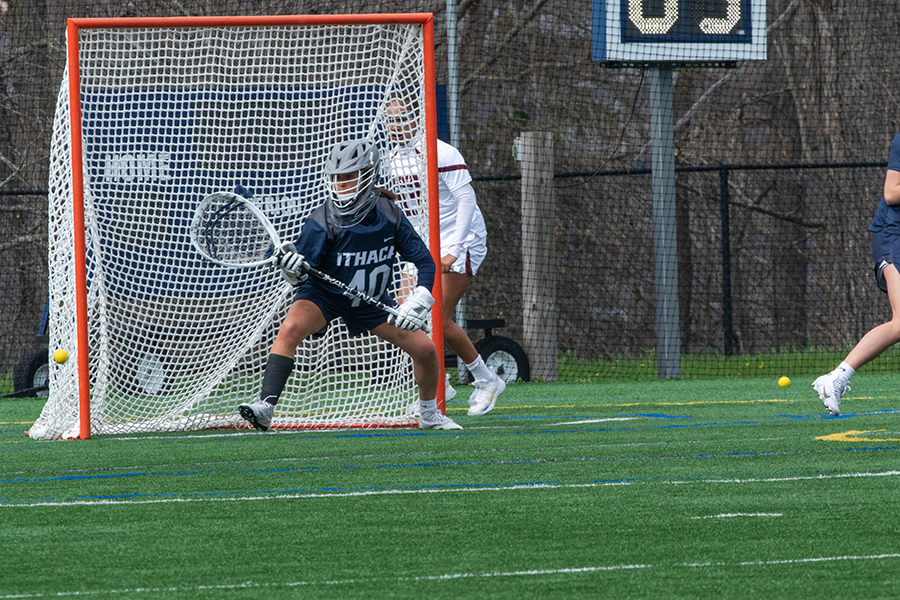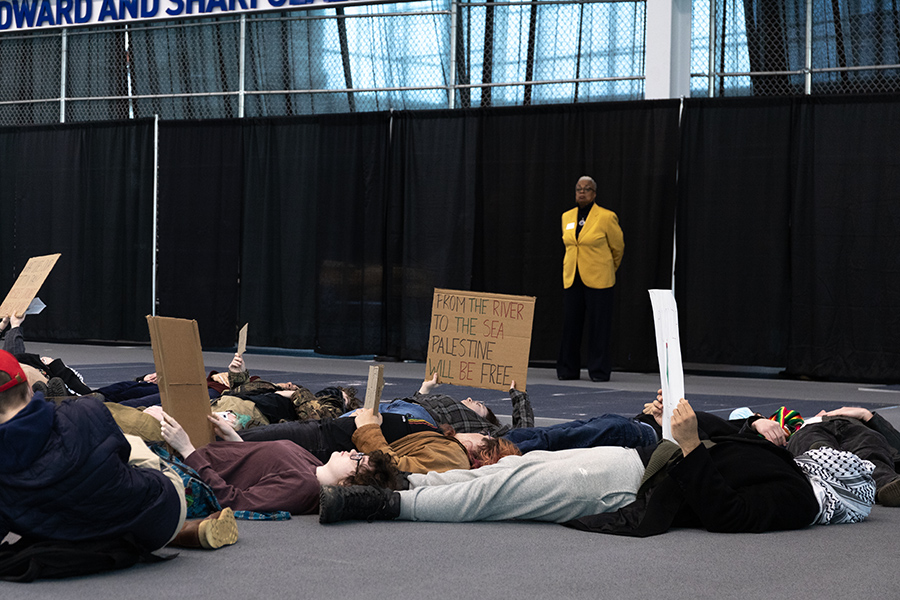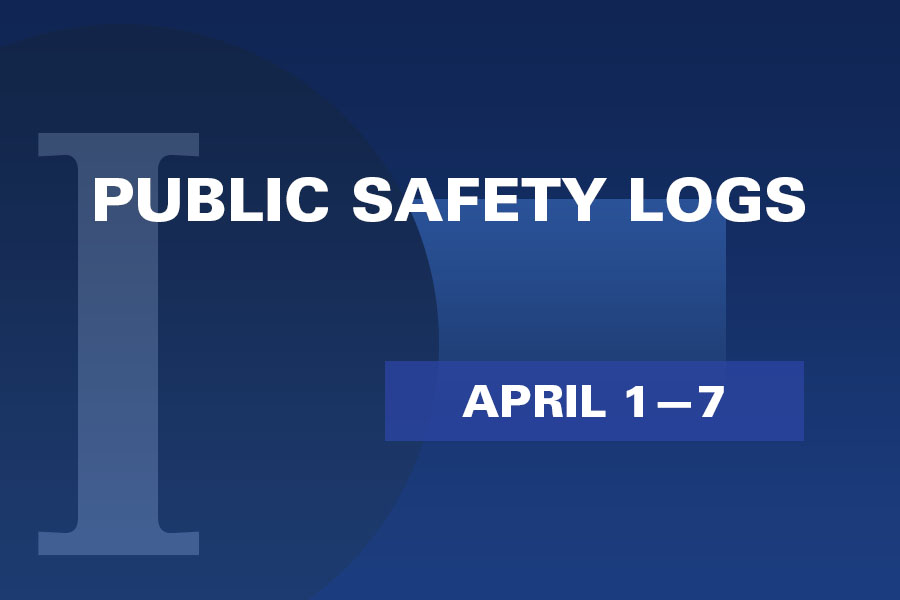The number of uses for smartphones is growing every day. Recently, the smartphone has been integrated into the field of journalism, replacing some of the traditional equipment and approaches.
Carl Corry, online local news editor at Newsday, focuses on community news, including interesting people, places and history. In his presentation at 7 p.m. Sept. 15, Corry will speak about the basics of multimedia, different apps and cheap yet effective gear used in the developing field of smartphone journalism. He will also give advice to those who are interested in learning it.
Corry has been interested in writing and telling stories since he was very young. As a child, he said he collected comic books, and aspired to be like Superman and Spiderman, who are both journalists and super heroes. He said he also regularly watched Peter Jennings, an anchor on ABC News, which contributed to his dream to become a journalist himself.
Staff Writer Lisa Famularo spoke to Corry about his thoughts on the rise of smartphone journalism.
Lisa Famularo: Define smartphone journalism in your own words.
Carl Corry: It’s being able to do all the things you used to do with big technology using a small device. It enables you to do a lot of the things that are required in an efficient way. It’s an easy way to do things, and a high-quality way, too.
LF: What skills do journalists need to successfully produce smartphone journalism?
CC: They need the basics of how to take photos, how to take videos and how to use basic technology. But it comes down to your skills, and you need to know how to write. No matter what you do, you need to know how to write. And then from there, you can build on your skills in just about anything. You need to have the basics of photography, you need to have the basics of video, you need to have the basics of social media and the willingness to try new things.
LF: How do you believe print, television and online journalism will change because of the rise of smartphone journalism?
CC: It already has, in a way. I told this at the [Society of Professional Journalists] convention and someone identified himself as a particular kind of journalist. I said, “Hold on a second, everybody’s just a journalist now.” I believe that, especially in my field. Are there print journalists? Are there television journalists? Are there radio journalists? Are there online journalists? Yes, but I think it’s more morphed into everybody kind of has to have the same skills. So you’re a journalist. I think anybody coming out of school at this point needs to know the basics of multimedia on top of developing outstanding journalism skills.
LF: What effect do you think smartphone journalism will have on the millennial generation’s consumption of news?
CC: I think it should be easier for them to do. More and more people are viewing their news from their smartphones. It’s not journalism necessarily; it’s the rise of smartphones themselves and mobile technology … If it’s a hurricane, say Superstorm Sandy or something, and their computer is dead at home, how are they going to get their news? So long that it’s a little bit charged, they’ve got their smartphone. That’s how people are getting their news during times that they don’t have access to their normal electronic devices.
LF: How will smartphone journalism change the ways that citizens respond to the news. For example, it’s much easier to respond to a tweet than it is to reach out by writing back to a publication.
CC: So what we’re really talking about is social media, the fact that people are sharing online and using social media via their smartphone. What it allows us to do is be more immediate. If you want to gear it to the smartphone, where people have easier access and use social media more and more on their mobile devices, they’re able to react more quickly than waiting to go back to their desktop. And they’re able to interact. That’s what I encourage — more interaction with your followers, with your readers, being able to have a conversation and not just have a one-way street. Smartphones, mobile devices and social media allow you to be more conversational and have a two-way dialogue.
LF: What do you hope the students who attend your presentation take away from it?
CC: I hope they get a basic knowledge of how to consider themselves more multimedia journalists, and basic knowledge in the use of smartphones to produce good journalism.







